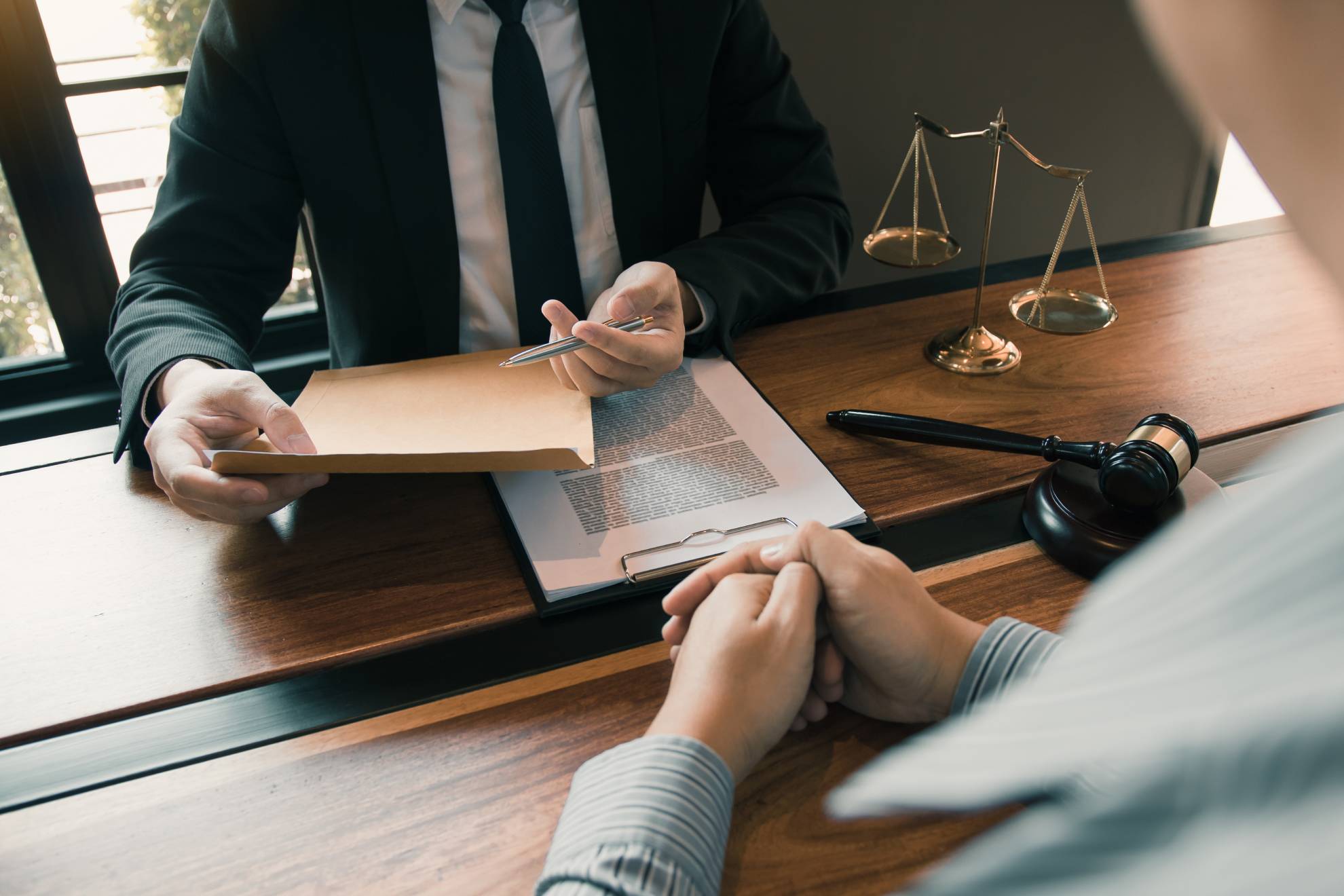I am Mariya Borevich, your personal lawyer. My primary goal is to help clients find optimal solutions to current legal issues, ensuring reliable protection of their interests. I specialize in family, civil, and military law, which allows me to effectively handle a variety of situations and cases. In family law, I provide support in resolving issues related to divorce, property division, establishing and challenging parental rights, alimony, and child custody. I understand that these matters are often emotionally complex, so I always strive to find the most delicate and fair solutions for all parties involved. In civil law, I assist in settling disputes related to contracts, property rights, compensation for damages, inheritance, and other issues concerning the protection of personal and property interests. Special attention is given to military law — supporting servicemen, protecting their rights and interests related to military service, social guarantees, and legal disputes. This area requires deep knowledge and understanding of the specifics of military service and the legislation regulating it.
Defense in court is an important part of fair and effective judicial proceedings. If you find yourself in a lawsuit, it is important to have an adequate defense to ensure that your rights and interests are protected. Here are some tips for providing an effective defense in court:
Hiring an Attorney: One of the most important aspects of an effective defense is having a qualified attorney or lawyer who specializes in your case. A lawyer will provide you with legal advice, prepare your case for court, represent your interests before the court and provide professional support throughout the legal process.
Preparation of evidence: It is important to collect all the necessary evidence and documents that support your position in the case. Carefully prepare testimony, expert opinions, documents, etc.
Claim Analysis: Carefully analyze the claim that has been filed against you. Understand all the circumstances of the case and determine a defense strategy.
Representation of interests: During the court hearing, your lawyer will represent your interests in court. It is important to communicate with him and indicate all aspects of the case that are important to you.
Compliance with procedural requirements: Comply with all procedural requirements established by the court and the law. This includes filing documents on time, attending court hearings, and following due process rules.
Maintaining the evidence base: During the legal process, your lawyer will maintain the evidence base and provide the necessary arguments and evidence to support your position.
Getting help: If you have questions or need additional help, don't hesitate to contact your attorney or legal advisor. Effective defense in court requires competence, preparation and representation of your interests in the appropriate light. This will help you achieve the best possible outcome in the legal process.
Evidence in court is any material, information or testimony that is presented to the court to confirm or refute the facts that form the basis of the case. Evidence can be varied and include:
Documents: These can be any written materials, such as agreements, letters, invoices, deeds, certificates, contracts, etc.
Testimony: Testimony is the statement of persons who have information about the circumstances of the case. It can be the testimony of witnesses, experts or parties to the case.
Physical Evidence: These are any materials or objects that can be direct or indirect evidence in a case. For example, weapons, drugs, substances, traces, etc.
Expert opinions: These are the opinions and conclusions of experts in a particular field of knowledge that help the court understand complex or specialized issues.
Video and audio recordings: These are recordings of events that can be used to demonstrate the circumstances of the case.
Other evidence: This can be any other material or information that may be relevant to the case.
If you need to prepare evidence in a case, the best approach is to:
Thorough Research: Conduct thorough research on the facts and evidence that support your case. Refer to documents, testimony, expert opinions, etc.
Evidence Preparation: Carefully prepare all necessary evidence relevant to your case. This may include documents, photographs, video recordings, witness statements, expert opinions, etc.
Consult an attorney: Consult a qualified attorney or legal practitioner who can provide you with legal advice and help you prepare evidence for a lawsuit, protection of dignity, lifting of arrest.
Submission of Evidence: Submit all prepared evidence as required by the court process. Follow all established deadlines and procedures.
It is important that the evidence is reliable, because it is of decisive importance for the decision of the court. If you are preparing for a trial, it is important to gather all the necessary evidence and prepare to present it in general court.
































